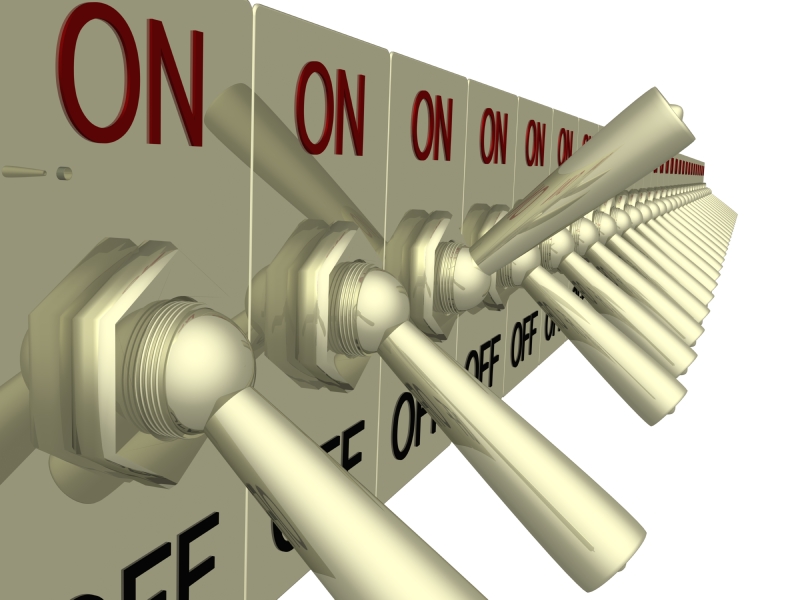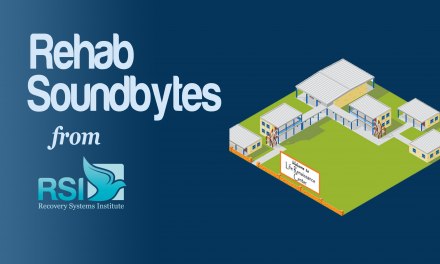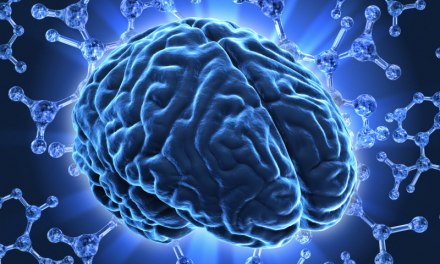Warning: Undefined variable $serie in /home/domains/treatmentandrecoverysystems.com/docs/wp-content/plugins/wp-series-manager/wp-series-manager.php on line 264
Motivation vs. Unmotivation, Part Seven
At the risk of repeating myself: I believe that the most important question in addiction counseling is also the most fundamental. And that is, does the addict/ alcoholic want to stop drinking and using drugs?
Many do not. And for them, that’s the main barrier to recovery.
Some may arrive in treatment desiring to reduce the amount they consume to more manageable levels. Others may seek to regain a degree of control, or to avoid certain consequences of using. Still others enter counseling with no intention of changing at all. Their goal is simply to placate some authority.
Such goals may lead to a temporary cessation of use, but not to a lasting recovery.
Once someone reaches a point where they are trying to give up alcohol and drugs, success is very likely to follow. There may be missteps along the way. But it’s the absence of real effort that accounts for many so-called ‘treatment failures’.
As a result, much of the work of treatment involves replacing those inferior goals with ones that might actually work. To do that, we have to identify those goals and address them.
That can be a challenge. The addict may not have much insight into his own motives. And even when he does, he may not want to admit them to a counselor.
Here’s an example:
Counselor: “Do you want to quit drinking?”
Daryl: “Sure.”
Counselor: “Why?”
Daryl: “Why? Because I don’t want any more DWIs, that’s why.”
Counselor: “Fair enough. If it wasn’t for the 3 DWI arrests, would you want to quit drinking anyway?”
Daryl: considers this “Probably not.”
Counselor: “So other than the arrests, you feel your drinking is pretty normal.”
Daryl: “Yeah. Mostly. Almost always, in fact. It’s just every so often I make a mistake.”
Counselor: “Does luck play a role in it?”
Daryl: “Getting caught is bad luck, sure. Lots of my friends would have flunked a breath test but nobody stopped them. So I think luck is definitely involved.”
We learn several things from this. One is that Daryl is convinced that his drinking is basically OK and that the driving force behind his arrests is bad luck, not alcoholism. Second, that most of his friends probably drink and drive as much as he does, so there isn’t much support for change in his current peer group. Seems like they think about alcohol the way Daryl does.
There are a couple ways to approach this. One is go exploring for other symptoms of problem drinking in Daryl’s experience. Another is to focus on his peer group. Who are they? Are they all dedicated drinkers, or just some of them? How do they respond to Daryl’s drinking and the troubles it’s caused him? Do any of them ever question or criticize his drinking? How are their attitudes different from, for instance, the attitudes of his family members towards his arrests?
It’s important to get Daryl examining his own assumptions about the way he uses alcohol and the repeated difficulties it has caused. He thinks he’s motivated for treatment, but he isn’t. Despite threats from the Court, Daryl has no real motivation for recovery at all. That’s what needs to change.
[serialposts]
These are posts belonging to the same serie:













